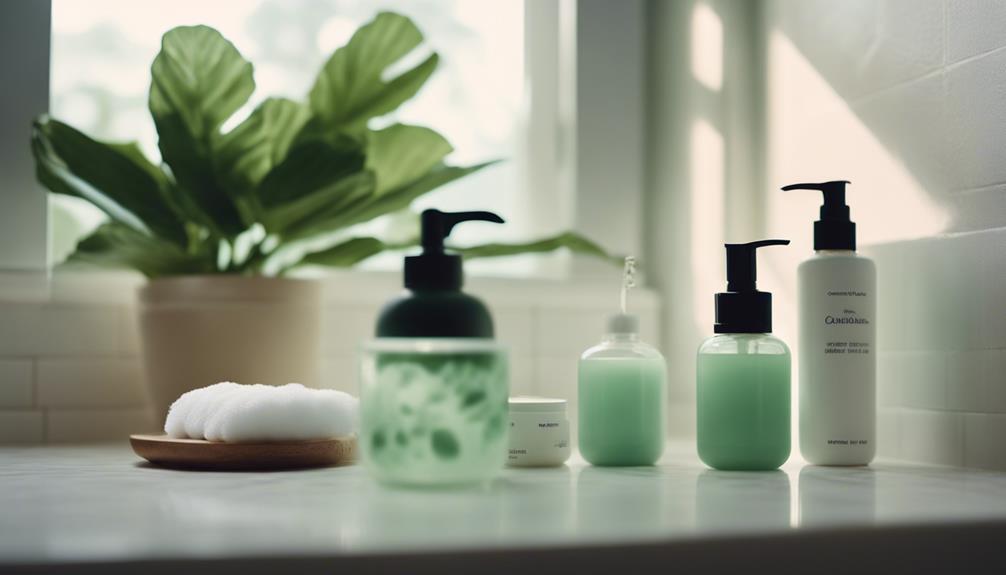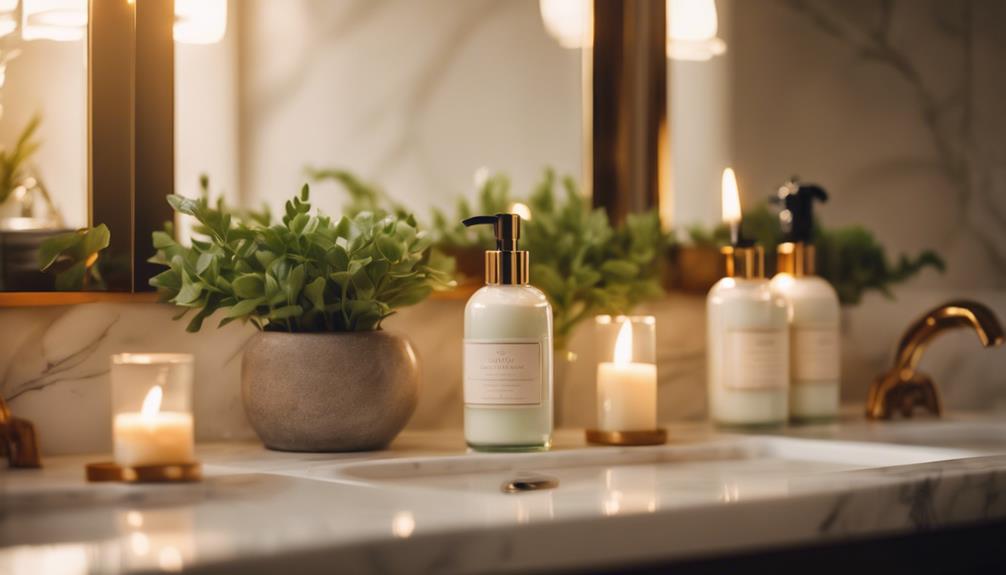Telling your husband you’ve never had an orgasm can feel daunting but can also spark a deeper conversation. His shocked response might open up new avenues for intimacy and understanding between you both. By sharing your experience, you create a safe space for honest dialogue, which is essential for addressing any sexual satisfaction issues. Cultivating trust and discussing desires can strengthen your bond. Want to know what steps you can take next?
Key Takeaways
- Openly discussing your lack of orgasm can deepen intimacy and understanding between partners, fostering a stronger emotional connection.
- Your husband’s reaction may reflect societal pressures and misconceptions about female orgasms, highlighting the need for education on sexual health.
- Honest conversations about sexual experiences can alleviate anxiety and create a supportive environment for both partners to explore desires.
- Trust and vulnerability are essential for addressing sexual challenges; your courage to speak up can strengthen your bond.
- Understanding personal needs and educating each other about anatomy can enhance sexual satisfaction and bridge any orgasm gaps in the relationship.

Telling your husband about your orgasm can feel daunting, but it’s a conversation that can transform your intimacy. Many women experience challenges when it comes to orgasms, and you might find yourself in a situation where you’ve never reached one during intercourse. This “orgasm gap” can create feelings of isolation and embarrassment, making it even more difficult to communicate your needs.
Discussing your orgasm with your husband can feel intimidating, yet it holds the potential to deepen your intimacy and understanding.
When you finally mustered the courage to share this with your husband, you may have feared his reaction. However, opening up about your experience can lead to greater understanding and connection. Effective communication is key to addressing any orgasm issues, and discussing your sexual satisfaction can pave the way for improvement. Faking orgasms only complicates things, hindering genuine intimacy and enjoyment.
It’s crucial to recognize that factors like age, education, and relationship dynamics play a big role in sexual experiences. Often, misconceptions about female anatomy, particularly the clitoris, hinder women’s ability to achieve orgasm. By educating both yourself and your partner, you can foster a deeper understanding of your needs and enhance your sexual satisfaction. Knowledge empowers you to advocate for your desires, making it easier to discuss what feels good and what doesn’t. Studies indicate that men are perceived as more entitled to orgasms than women during hookups, which can further complicate the dynamics of sexual relationships. Furthermore, cultivating an abundance mindset can shift perspectives on sexual experiences and satisfaction.
Additionally, emotional connection and trust are foundational to overcoming orgasmic challenges. A supportive partner can significantly improve your experiences, leading to increased intimacy and sexual satisfaction. It’s important to be open about your desires, as this vulnerability can strengthen your bond.
Lastly, don’t underestimate the impact of psychological factors. Anxiety and societal pressures can affect your ability to orgasm, but promoting a positive attitude towards sex can help. Embracing your sexual well-being is crucial, and having these conversations can help you both navigate the complexities of sexual intimacy.
When your husband responds with understanding, it can be a relief, creating a space where both of you can explore and enjoy your sexual lives together.
Frequently Asked Questions
How Can I Improve My Communication About Sexual Needs?
To improve your communication about sexual needs, start by dedicating time for open discussions with your partner.
Use ‘I’ statements to express your feelings and desires without placing blame.
Make sure to obtain consent for these conversations, ensuring both of you feel comfortable.
Be honest and avoid interruptions to create a safe space.
Self-reflection can help clarify your needs, enhancing your ability to articulate them effectively and strengthen your emotional connection.
What Should I Do if My Partner Reacts Negatively?
So, you bravely share your feelings, expecting a warm embrace, only to face a chilly wall instead.
If your partner reacts negatively, don’t panic. Take a deep breath and try to understand their perspective. Open a dialogue about their feelings and concerns; it’s crucial.
Validate their emotions, but also express your own. Remember, this isn’t just about you or them; it’s about building a healthier connection together.
Patience and empathy can work wonders.
Are There Common Reasons for Not Experiencing Orgasms?
Yes, there are several common reasons for not experiencing orgasms.
Psychological factors like stress, anxiety, or negative feelings about sex can play a significant role.
Physical issues such as hormonal changes, chronic conditions, or pelvic pain might also contribute.
Additionally, relationship dynamics, like poor communication or lack of trust, can hinder your sexual experience.
Understanding these factors can help you address any barriers and enhance your journey toward sexual fulfillment.
How Can I Explore My Own Body to Understand Pleasure?
Imagine dimming the lights and sinking into soft sheets, your body a canvas waiting to be explored.
To understand pleasure, start with gentle touches, tracing your curves and discovering what feels good. Use a mirror to observe and connect with your body, or try different sensations, like temperature or pressure.
Don’t rush; take your time. Listen to your body’s responses, and let curiosity guide your journey to uncovering what brings you joy.
What Resources Are Available for Sexual Education and Awareness?
If you’re looking for resources on sexual education and awareness, start by checking local health clinics and community centers, as they often provide workshops and materials.
Online platforms like Planned Parenthood offer extensive information on various topics. Additionally, consider books on sexual health and personal exploration.
Engaging in open conversations with trusted friends or professionals can also enhance your understanding. Remember, knowledge is key to navigating your sexual experience confidently!
Conclusion
In sharing such a vulnerable truth, you’ve opened a door to deeper intimacy and understanding. Your husband’s reaction, a revelation in itself, may lead to a newfound connection that transforms your relationship. Like a seed planted in fertile soil, this conversation can blossom into a richer, more fulfilling experience for both of you. Embrace this opportunity to grow together, and remember, honesty can be the compass guiding you toward a more satisfying journey of love and intimacy.









